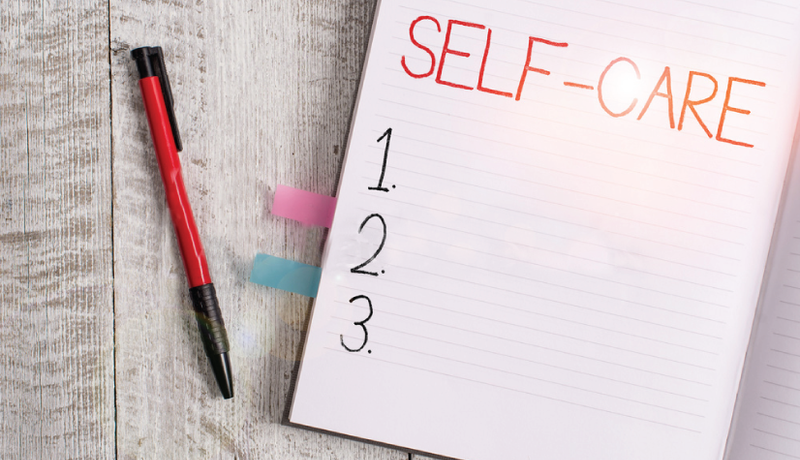Let’s face it: self-care isn’t just about exercising, eating healthily and getting enough sleep. While important, these elements only scratch the surface of an intentional and effective wellness plan. Maintaining physical, mental, and emotional health is vital for everyone, but it’s particularly essential for those working in caring professions such as Social Work and Allied Health.
Although you probably know how important looking after your own wellbeing is to allow you to continue performing your best, it’s easy (and natural) to let the basics slip when you’re busy or under pressure. And with COVID-19 creating new challenges and placing greater demands on Social Workers and Allied Health professionals alike, maintaining good self-care practices has never been more vital.
So, whether you’re currently working from home or still interacting with people face-to-face during the pandemic, we have put together our top advice to ensure you’re able to continue doing what you do best – caring for others.
Understand the Risk Factors
Since Social Work and Allied Health professionals must help their clients grapple with serious physical and mental health issues on a daily basis, they are often at high risk for experiencing prolonged stress, which can have a detrimental effect on their overall wellbeing.
Some of the most common types and causes of stress they may experience as a result of their work include:
Secondary trauma – This is the result of indirect exposure to trauma through a first-hand account of another person’s experience. Social Workers affected by this may find themselves unable to stop thinking about a client’s trauma, purposefully avoiding it, or even feeling numb toward it.
Compassion fatigue – Resulting from a professional’s empathy for their clients or patients, compassion fatigue can lead to emotional outbursts, anxiety, withdrawal and insomnia.
Burnout – A common issue within high-stress jobs such as Social Work and Allied Health, symptoms of burnout can include as fatigue, changes to diet and sleep habits, frequent headaches or muscle pain, loss of motivation, a lack of job satisfaction and feelings of self-doubt, helplessness and detachment.
Create Your Self-Care Plan
In caring professions, your most foundational instrument is you, so creating (and sticking to) a solid self-care plan needs to be a top priority. Here are some of the key areas to focus on as you develop your routine:
Build your support system
Your support network is a vital element of your wellbeing and may include family, friends, religious counsel, and industry peers who are facing similar challenges. Make sure you surround yourself with people you can trust to support you in a crisis, and find stay connected with these people during social distancing.
Part of self-care is knowing when to get help, so seeking medical advice and counselling is an important element – not only because it provides perspective from a trained professional, but also because they can assist you in developing your self-care plan.
Practice self-awareness
It’s important to become aware of the unique ways in which your occupational stress may be affecting you both inside and outside of work. Recognising the stressors at play and assessing how they may be manifesting cognitively, behaviourally and somatically ensures you are able to take action before the situation worsens. Remember, the sooner you address these issues, the easier it is to bounce back.
Set healthy boundaries
Resist the urge to take on new commitments. We know this can be difficult for those in caring professions because you don’t want to disappoint people who are relying on you, but keep in mind that saying “yes” to someone else often means saying “no” to yourself. Hold yourself accountable for your own wellbeing by only agreeing to essential promises of your time and energy.
This also means knowing when to take a break and step away from your work. While it’s not always possible to take extended time off (especially during critical times such as a pandemic), even a five-minute break can allow you to recharge if you use it wisely.
Summary
We hope these tips help you refocus your self-care strategy and enable you to continue with the valuable work you do.
For more advice, career support or to find out about the opportunities we have available, reach out to the Social Work and Allied Health recruitment specialists at Tradewind.


